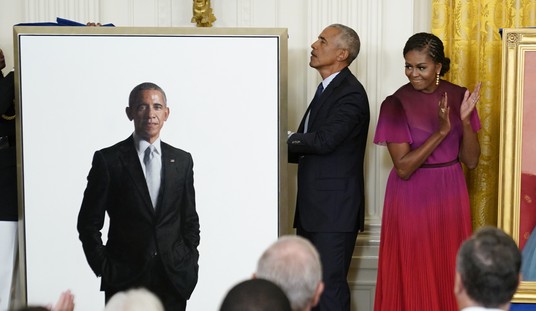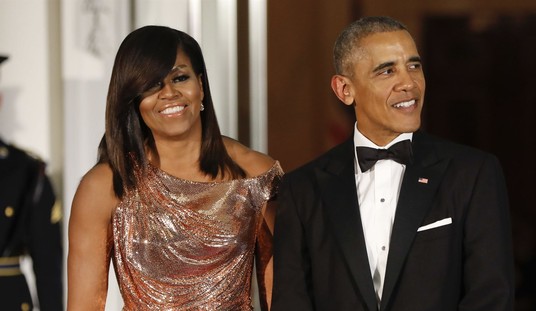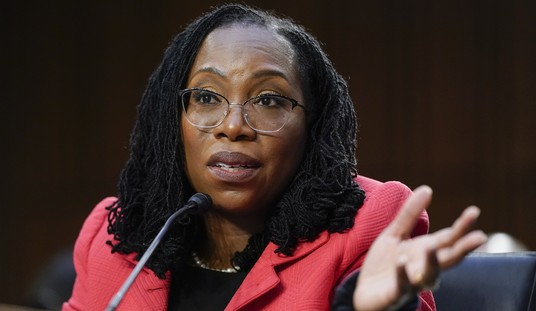Non-citizens are voting in American elections, and the federal government refuses to do anything to stop it.
Worse, the current administration seems to be doing everything they can to prevent the states from trying to stop it. First, they sued states that asked people to present ID before voting. Now, the administration will not let states even ask people to establish they are citizens when they register to vote.
That’s the underlying plot in the latest major case in election law that has just been presented to the Supreme Court. Federal law says that states must accept and use a federal form for registering voters. But the federal form doesn’t require any proof that the person submitting the form is a citizen.
The form just asks the registrant to check a box.
Meanwhile, federal law mandates that voter registration forms be made available and pushed everywhere from licensing branches to welfare offices.
From personal experience as an immigrant, I had a driver’s license, a Social Security number, and lived in this country for several years before I became a citizen. I had plenty of opportunities to fill out the federal voter registration form. I never did, of course — but what if I didn’t know any better?
Or what if I thought the form was being offered to me because I was allowed to register?
Or that, surely, I wouldn’t be added to the voter rolls if I checked the box claiming I was not a citizen?
But that’s not what’s been happening. Noncitizens are offered the voter registration forms all over the country and are filling them out, and they are being added to the rolls regardless of which box they check.
In an amicus brief, the American Civil Rights Union has submitted evidence and arguments to the Supreme Court showing that this is exactly what has been happening: the federal form is failing to keep non-citizens off the rolls. In fact, left to itself, the federal voter registration form is causing the problem.
Some states have tried to prevent this problem from continuing. Kansas and Arizona, while accepting and using the federal form, require registrants to provide some kind of proof of citizenship in order to register. But when they asked the Election Assistance Commission to add these state law instructions to their version of the federal form, the EAC flatly refused.
Now, the EAC is fighting all the way to the Supreme Court to not let Kansas and Arizona ask for proof of citizenship.
So what’s the issue?
The Constitution says that the states get to decide the qualifications for voters. In other words, the states get to decide who votes. Relying on this clear power, Kansas and Arizona are rightfully saying that a person is qualified to vote in their states if they provide some kind of proof of citizenship.
Seems logical, right?
But the EAC is saying that the Constitution gives them the power to regulate the “time, place, and manner” of federal elections. In other words, that the federal government gets to decide how registration works.
The federal government, yet again, is stretching too far. The federal form has failed to keep non-citizens from registering to vote, on purpose or by accident. And by dominating the registration process, the EAC is preventing states from being able to do anything about it. Hopefully the Supreme Court will take the case and restore the constitutional balance over elections which our Founders intended.









Join the conversation as a VIP Member